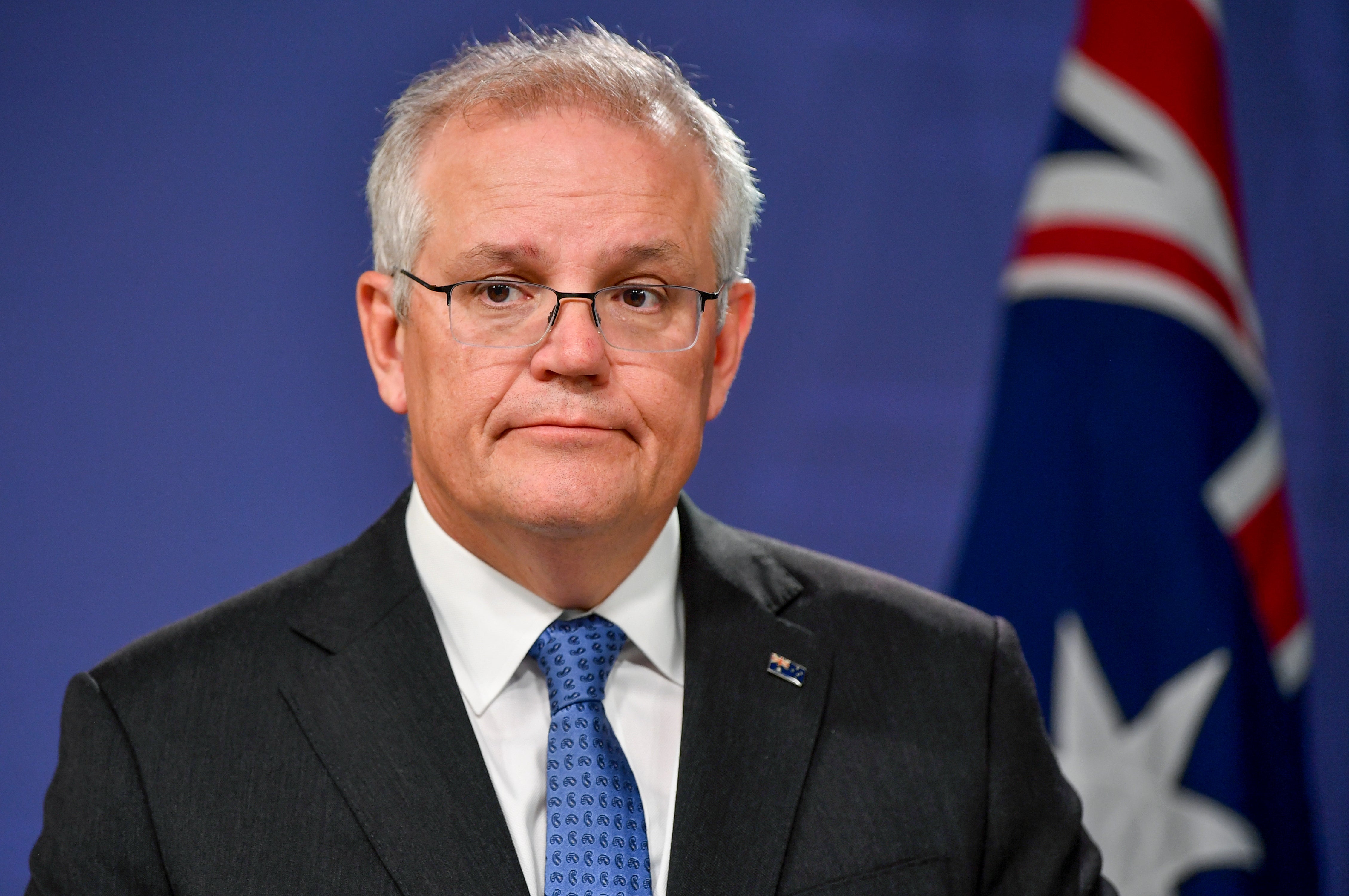Australia reverses decision to withhold medals from veterans
Australia’s government has reversed a decision to strip soldiers of unit citations due to war crime allegations in Afghanistan

Your support helps us to tell the story
From reproductive rights to climate change to Big Tech, The Independent is on the ground when the story is developing. Whether it's investigating the financials of Elon Musk's pro-Trump PAC or producing our latest documentary, 'The A Word', which shines a light on the American women fighting for reproductive rights, we know how important it is to parse out the facts from the messaging.
At such a critical moment in US history, we need reporters on the ground. Your donation allows us to keep sending journalists to speak to both sides of the story.
The Independent is trusted by Americans across the entire political spectrum. And unlike many other quality news outlets, we choose not to lock Americans out of our reporting and analysis with paywalls. We believe quality journalism should be available to everyone, paid for by those who can afford it.
Your support makes all the difference.Australia’s government on Monday reversed a decision to strip soldiers of unit citations due to war crime allegations in Afghanistan and announced an inquiry into suicides among veterans and serving members of the military.
Australian Defense Chief Angus Campbell had decided to take citations from more than 3,000 special forces troops after a military report released in November found evidence that Australian soldiers unlawfully killed 39 Afghan prisoners, farmers and civilians. The report recommended 19 current and former soldiers face criminal investigation.
But Defense Minister Peter Dutton who took over the portfolio last month, said only soldiers found guilty of misconduct would lose their medals.
“We shouldn’t be punishing the 99% for the sins of 1%,” Dutton told Sydney Radio 2GB.
More than 39,000 Australian military personnel have served in Afghanistan since 2001 and 41 have been killed there. The final 80 are to be withdrawn in September, in line with the proposed U.S. withdrawal.
Prime Minister Scott Morrison said later on Monday that the most powerful form of government-commissioned inquiry, known as a royal commission, would be established into suicides among serving and former military personnel.
Morrison said struggling veterans were making greater demands on available services.
“What we’re dealing with right now is we see the number of presentations increasing, the demand for veteran support increasing — of course it’s a function of the deployments over the last 20 years and that is the challenge that the government is dealing with now and I think we’re dealing with it very positively,” Morrison told reporters.
Julie-Ann Finney, who lost her 38-year-old veteran son David Finney to suicide in 2019 after a battle with post traumatic stress disorder, welcomed the announcement of the Royal Commission into Defense and Veterans Suicide.
“Today is a long time coming for veterans and their families,” Finney said.
“Finally, the voices of veterans will be heard. Finally, families can stand up and share their stories,” she said.
Research into veteran suicide in Australia is limited and imprecise.
The Australian Institute of Health and Welfare found last year that ex-servicemen who were discharged on medical grounds died by suicide at a higher rate than other Australian men from 2016 to 2018.